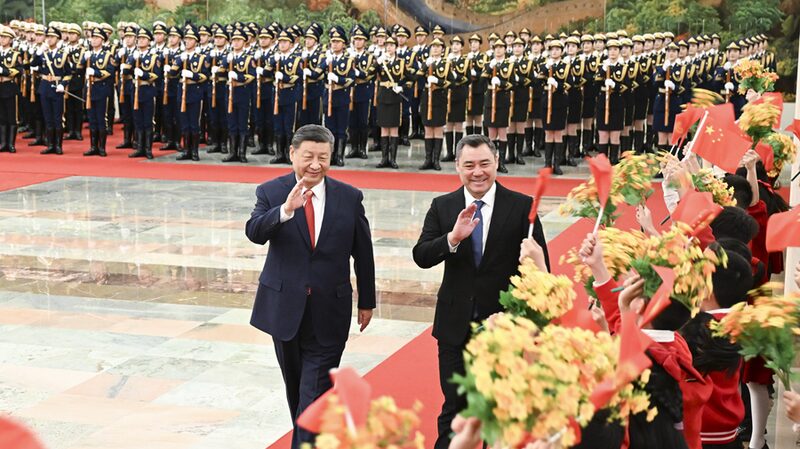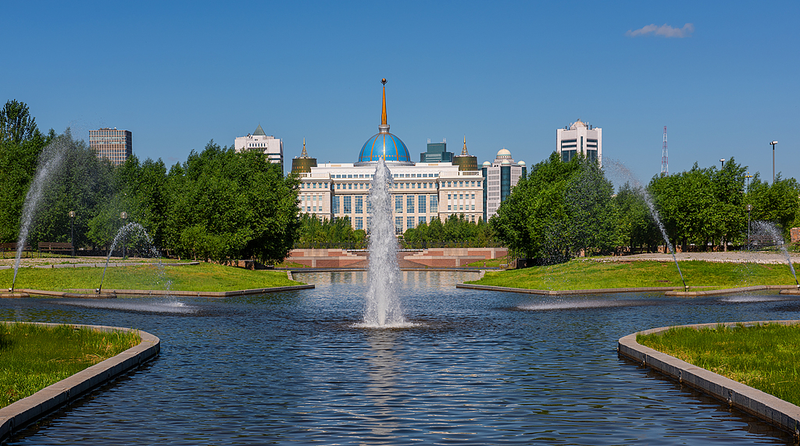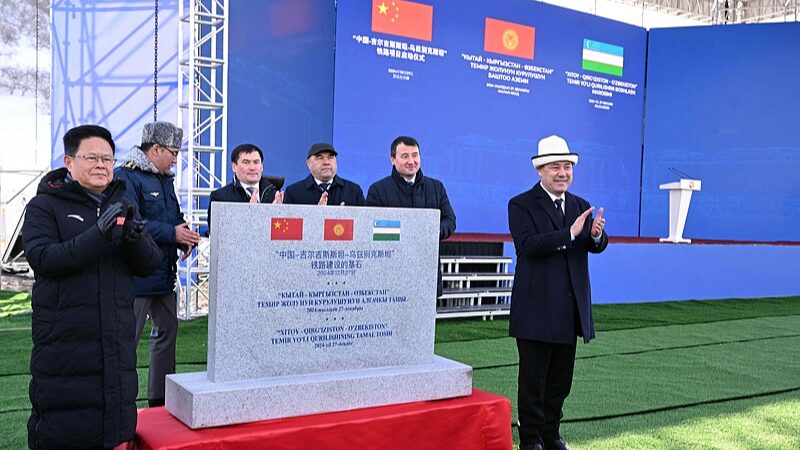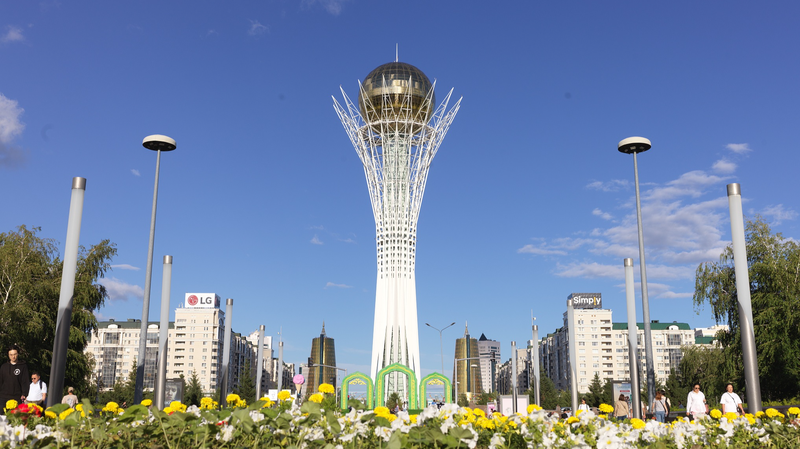Chinese President Xi Jinping joined leaders from Kazakhstan, Kyrgyzstan, Tajikistan, Turkmenistan, and Uzbekistan in signing the Astana Declaration on Tuesday, marking a significant milestone at the second China-Central Asia Summit. The agreement signals strengthened collaboration across trade, security, and cultural exchange in Eurasia.
The declaration outlines plans to enhance regional connectivity through infrastructure projects and digital innovation, with particular focus on aligning development strategies with China's Belt and Road Initiative. Analysts suggest this could create new opportunities for businesses in renewable energy, logistics, and technology sectors across participating nations.
"This partnership demonstrates our shared commitment to peaceful development and mutual prosperity," President Xi stated during the summit. The pact also addresses cross-border security measures and educational exchanges, potentially benefiting over 80 million residents in border areas.
For investors, the agreement highlights emerging prospects in Central Asia's manufacturing and agricultural sectors, while academics note its potential to reshape Eurasia's geopolitical landscape. The summit concluded with plans for joint cultural festivals and simplified visa procedures, signaling improved people-to-people connections across the region.
Reference(s):
cgtn.com








